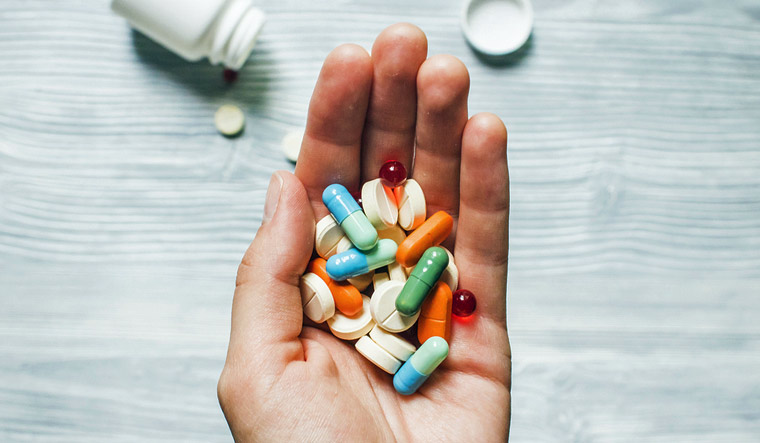In a major development, the WHO has put bedaquiline, the first-ever medicine developed specifically for the treatment of multi-drug-resistant tuberculosis (MDR-TB), in its priority list.
Multi-drug-resistant TB is defined as one where there is resistance to at least two of the first-line drugs — isoniazid and rifampicin. Extensively drug-resistant TB (XDR-TB) is defined as MDR-TB with additional resistance to at least one fluoroquinolone and one second line injectable drug.
New recommendations from the WHO for drug-resistant TB treatment favour oral drugs such as bedaquiline, as opposed to injectables that are currently used. “Injectable agents are proposed to be replaced by more potent alternatives such as bedaquiline. Injectables cause pain and distress to TB patients, with many experiencing serious adverse effects that often lead to treatment being interrupted,” the WHO said in a statement.
According to WHO estimates, TB remains one of the top 10 causes of death across the world. Each year, about 600,000 new cases of MDR-TB (or other rifampicin-resistant TB) emerge; about 240,000 people die of these forms of TB annually.
Estimates from the union ministry of health and family welfare suggest that in India, 28 per cent of TB patients are resistant to at least one TB drug. The number of MDR/rifampicin-resistant (RR)-TB in India is 1,47, 000, accounting for one fourth of the global burden.
“Treatment success for MDR-TB is currently low in many countries. This could be increased by improving access to the highest-ranked medicines for all patients with MDR-TB,” according to the WHO.
The recommendations, though welcome, would benefit patients only if bedaquiline was made affordable, according to the international medical humanitarian organisation Médecins Sans Frontières (MSF). The drug, currently being manufactured exclusively by US pharmaceutical corporation Johnson and Johnson (J&J), is expensive, and immediate steps must be taken to make the drug affordable particularly in low- and middle-income countries, a spokesperson from MSF said.
In the past six years, two new drugs have been approved for DR-TB, including bedaquiline, but their uptake to improve TB treatment has been lagging, said MSF.
"Today, only 20 per cent of people with DR-TB globally receive the treatment they need. People on standard DR-TB treatment currently have to endure an agonizing regimen of medicines for up to two years, involving as many as 20 pills per day, which can cause side effects as severe as psychosis, along with painful daily injections for up to eight months that can lead to hearing loss and deafness. The current standard DR-TB therapy typically only achieves cure rates of around 55 per cent," the MSF said in a statement. The newly recommended 18- to 20-month treatment regimen can help improve cure rates, decrease mortality and have far fewer side effects.
In India, currently, the drug is provided free of cost under the conditional access programme.
“Governments and treatment providers should not waste another minute and should urgently make sure people can access optimal treatments including bedaquiline. This means Johnson & Johnson needs to lower the price of the drug and ensure it is available for every person who needs it,” said Dr Mercedes Tatay, MSF’s International Medical Secretary, and a doctor with the MSF’s DR-TB project in Mumbai, India.
According to MSF, J&J recently announced a price reduction for bedaquiline in some countries(following the WHO announcement), but it falls short in terms of making the drug affordable in countries that are hardest hit by DR-TB. The reduced price of US$400 for six months of treatment that certain countries are promised is still excessive, says MSF. J&J should cut the price of bedaquiline to $32 per month—or $192 for six months—across all low- and middle-income and high DR-TB burden countries.
"Bedaquiline is just one drug in an otherwise costly regimen of multiple drugs, and effective treatment very often require more than six months of bedaquiline. In countries excluded from J&J’s price reduction, the corporation currently charges between $3,000 and $30,000 for six months of treatment," according to MSF.
In order to facilitate treatment scale-up, the organisation has been calling for a full DR-TB treatment regimen to be priced no higher than $500.


